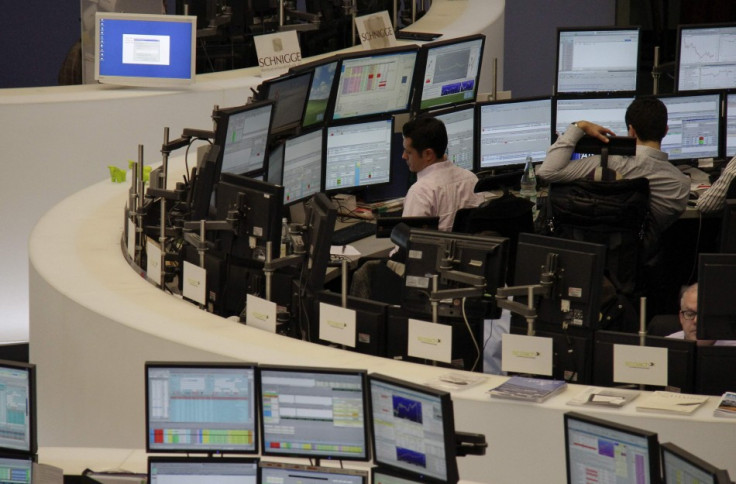European Stocks Fall on Italy Credit Downgrade

European stocks edged lower in the opening minutes of trade as investors considered credit ratings agency Fitch's decision to downgrade Italy citing the political deadlock.
The FTSEurofirst 300 index tracking the region's blue-chip stocks fell 0.1 percent to 1,193.6. The UK's FTSE 100 eased 0.1 percent while Germany's DAX was down 0.2 percent.
Spain's IBEX and France's CAC-40 fell 0.4 and 0.3 percent respectively. In Italy, the FTSE MIB opened 0.1 percent lower.
The single currency posted modest gains against the dollar, trading at about $1.30.
Italy has returned to focus after the ratings agency Fitch cut the country's rating to BBB plus with a negative outlook in the previous week, citing the political turmoil. In a statement, Fitch has warned that the scattered results in the recent elections have impacted the chances of a stable government, adding that it created a "non-conducive backdrop" for reform measures.
Possibilities of a political alliance to form government continues to remain elusive as the comedian Beppe Grillo of the 'Five Stars Movement' reiterated that he will not look to join his opponents.
Traders are also awaiting German trade balance data and fourth-quarter growth updates from Portugal and Italy. French industrial and manufacturing output figures are also set for release during the day.
Asian markets had ended mixed earlier, as the dollar continued to remain strong against the yen and Chinese economic indicators failed to meet expectations.
The Nikkei average index ended 0.53 percent higher to 12349.05 while South Korea's KOSPI was down 0.13 percent lower to 2003.3. Australia's S&P/ASX 200 added 0.46 percent to 5146.9.
China's Shanghai Composite Index fell 0.35 percent to end at 2310.6. Hong Kong's Hang Seng was up 0.17 percent to 23131.4 towards close.
Chinese economic indicators released over the weekend gave a mixed picture on conditions in the world's second-largest economy.
Inflation data released by the National Bureau of Statistics showed that consumer prices increased 3.2 percent in February. While this raised concerns that the government may look to tighten its monetary policy, the country's industrial output and retail sales figures for the first two months of 2013 failed to meet expectations.
"These data confirm our view that worries on severe monetary/credit tightening is overdone," said China economists at Bank of America Merrill Lynch Global Research.
"CPI inflation is a potential concern, but is surely not a big threat now to force the government to start an imminent policy tightening".
Better-than-expected US employment data released towards the end of previous week boosted global market sentiments, sending the dollar to a multi-year high against the yen. Japanese stocks, which were already upbeat on stimulus optimism, were lifted higher.
Stimulus hopes received yet another boost early in the day when official data showed that Japan's core machinery orders fell in January from the previous month, indicating a cautious stand on investment. However, the data has not affected analysts' estimates that Japan is on track to emerge from its recent economic slump, as the government seeks aggressive growth-boosting measures.
© Copyright IBTimes 2025. All rights reserved.


















